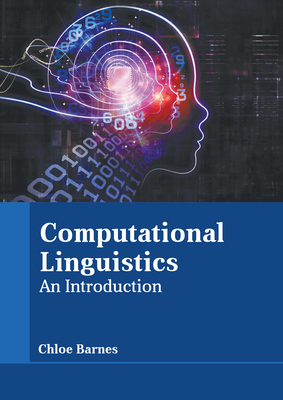有界度CCG的可牵引解析
IF 5.3
2区 计算机科学
Q2 COMPUTER SCIENCE, ARTIFICIAL INTELLIGENCE
引用次数: 2
摘要
与其他轻度上下文敏感的语法形式不同,当考虑到语法的大小时,组合范畴语法(CCG)不能在多项式时间内解析。对这一结果进行改进,我们发现CCG的解析复杂度仅在最大组合度下呈指数增长。当该程度固定时,解析可以在多项式时间内进行。从语言学的角度来看,我们的发现很有趣,因为有界的构成程度被认为是自然语言语法的普遍约束。此外,我们的研究是第一个包含替换规则的CCG版本的复杂性结果,替换规则在实际语法中使用,但在理论工作中被忽略。本文章由计算机程序翻译,如有差异,请以英文原文为准。
Tractable Parsing for CCGs of Bounded Degree
Abstract Unlike other mildly context-sensitive formalisms, Combinatory Categorial Grammar (CCG) cannot be parsed in polynomial time when the size of the grammar is taken into account. Refining this result, we show that the parsing complexity of CCG is exponential only in the maximum degree of composition. When that degree is fixed, parsing can be carried out in polynomial time. Our finding is interesting from a linguistic perspective because a bounded degree of composition has been suggested as a universal constraint on natural language grammar. Moreover, ours is the first complexity result for a version of CCG that includes substitution rules, which are used in practical grammars but have been ignored in theoretical work.
求助全文
通过发布文献求助,成功后即可免费获取论文全文。
去求助
来源期刊

Computational Linguistics
工程技术-计算机:跨学科应用
CiteScore
15.80
自引率
0.00%
发文量
45
审稿时长
>12 weeks
期刊介绍:
Computational Linguistics, the longest-running publication dedicated solely to the computational and mathematical aspects of language and the design of natural language processing systems, provides university and industry linguists, computational linguists, AI and machine learning researchers, cognitive scientists, speech specialists, and philosophers with the latest insights into the computational aspects of language research.
 求助内容:
求助内容: 应助结果提醒方式:
应助结果提醒方式:


